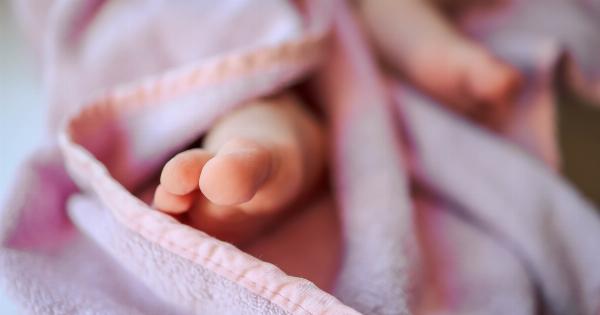Skin blisters are a common problem, especially during summer months or when engaged in physical activities. Blisters can form on any part of the skin and can cause discomfort and pain if not treated properly.
In this article, we will discuss three simple steps to treating skin blisters effectively.
Step 1: Cleanse the Affected Area
The first step in treating a skin blister involves cleansing the affected area. Use a mild soap and lukewarm water to gently clean the blister. Avoid using hot water or harsh soaps as they may irritate the blister and cause further damage.
Pat the area dry with a clean towel and avoid rubbing or pulling on the blister.
Step 2: Protect the Blister
The second step in treating a skin blister is to protect it from further damage. Cover the blister with a sterile, adhesive bandage or gauze pad to protect it from friction and pressure.
If the blister has burst, use a sterile gauze pad to cover the area and apply an antibiotic ointment to prevent infection. Leave the bandage in place until the blister has healed.
Step 3: Manage Pain and Discomfort
The final step in treating a skin blister involves managing pain and discomfort associated with the blister. You can take over-the-counter pain relievers such as ibuprofen or acetaminophen to reduce pain and inflammation.
Alternatively, you can use a topical analgesic cream or spray to relieve pain and discomfort directly on the blister. However, be cautious not to apply the cream or spray too close to the blister, as it may cause further irritation.
How to Prevent Skin Blisters: Prevention is Better Than Cure
The best way to treat skin blisters is to prevent them from forming in the first place. Here are a few tips to help you prevent skin blisters:.
Wear Proper Footwear
If you’re prone to getting blisters on your feet, wear properly fitted shoes that are comfortable and have a cushioned sole. Avoid wearing shoes that are too tight or too loose, and always wear socks to help reduce friction.
Avoid Moisture
Blisters can form from moist skin, so it’s important to keep your skin dry. If you’re engaging in physical activities, use moisture-wicking fabric to keep sweat off your skin.
You can also use talcum powder or antiperspirant to keep your skin dry.
Take Breaks
If you’re engaging in activities that require constant motion or standing, take regular breaks to give your skin a chance to rest and recover.
Conclusion
Skin blisters are a common problem that can be treated with proper care. Remember to cleanse the affected area, protect the blister, and manage pain and discomfort.
If you’re prone to getting blisters, take steps to prevent them from forming in the first place. By following these simple steps, you can keep your skin healthy and blister-free.































